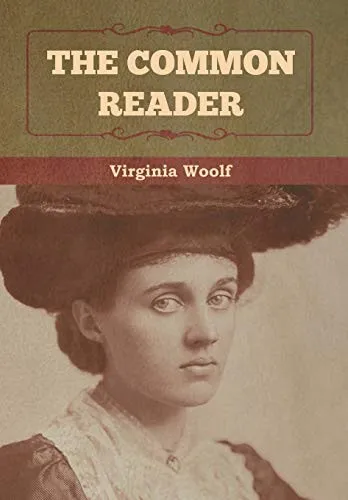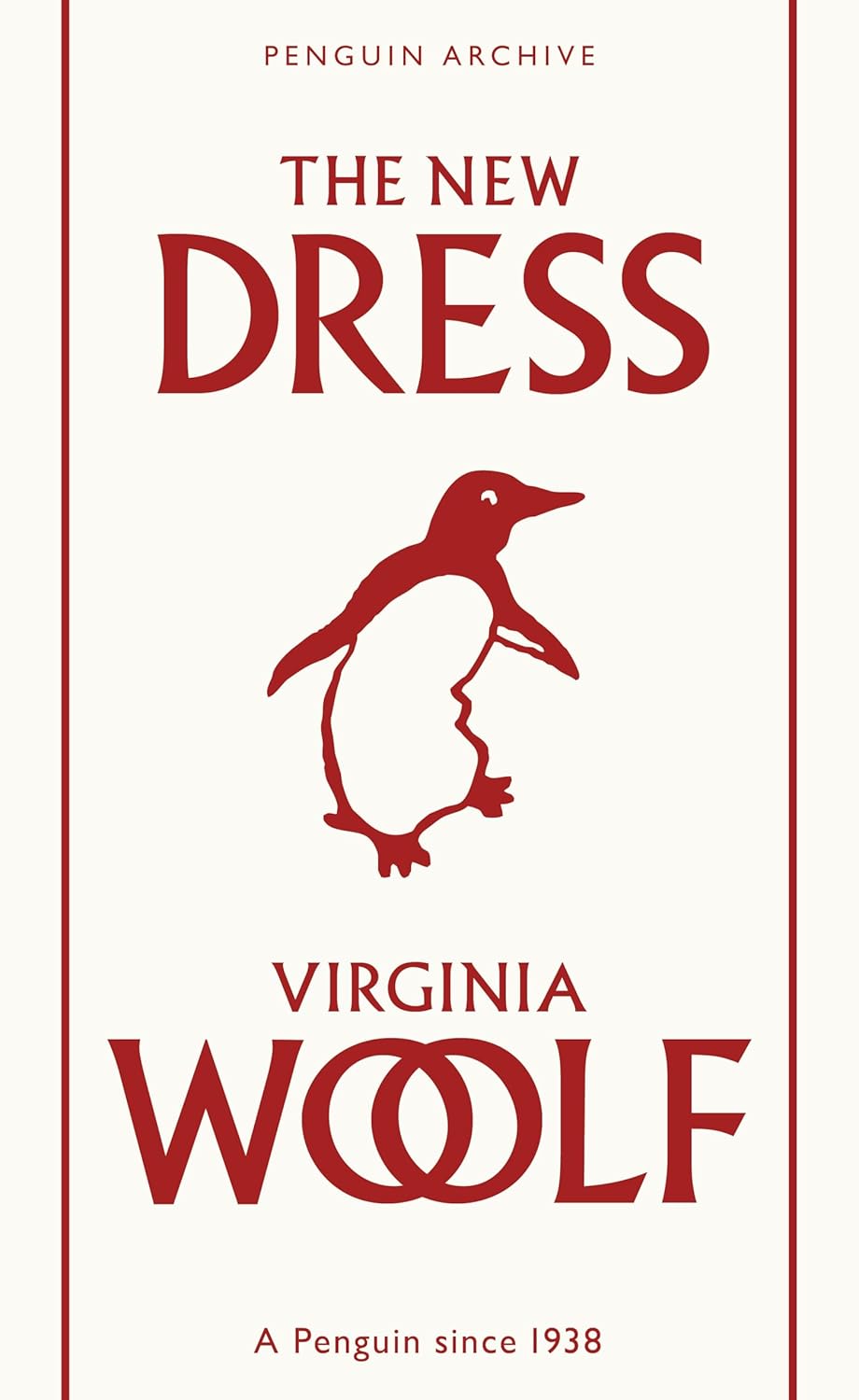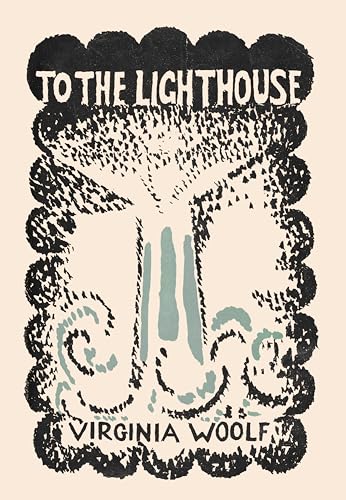A far cry from her wistful and introspective fiction, Woolf's essays on literature read as lively, droll, and conversational. These essays focus on famous literary figures as well as the craft of fiction; written in confident but inviting prose designed specifically for what Woolf called the common reader, they interweave biography, wit, social commentary, and literary analysis. Woolf typically seems disinterested in offering definitive arguments or reaching grand conclusions. She instead concerns herself with viewing a given writer or topic from several interpretive angles so that she might reveal as much about her subject as she can in a single essay, to a broad audience consisting of non-academic readers. Favorite essays included "Notes on an Elizabethan Play," "Modern Fiction," "Outlines," and "How it Strikes a Contemporary." (Michael)
Virginia Woolf
Virginia Woolf was a prominent English writer and modernist literary figure. Known for her stream-of-consciousness writing style, she challenged traditional narrative structures and explored themes of gender, class, and mental health in her works. Some of her most notable works include "Mrs. Dalloway," "To the Lighthouse," and "Orlando." Woolf's contributions to literature include her innovative approach to character development and narrative technique, as well as her exploration of the inner lives of her characters. Her most famous work, "Mrs. Dalloway," is considered a masterpiece of modernist literature and a reflection of Woolf's unique literary voice. Woolf's impact on the literary genre is undeniable, as she paved the way for future generations of writers to experiment with form and style in their own works.




